With less than a year until its EOS, Windows 10 still dominates the Windows market share
63% of the total Windows users are still on Windows 10.
2 min. read
Published on
Read our disclosure page to find out how can you help Windows Report sustain the editorial team. Read more

With less than a year until its EOS, Windows 10 still dominates the Windows market share. According to the latest stats from StatCounter, 62,7% of all Windows users are still on Windows 10 today, while Windows 11 barely reached 33% three years after its release. On the other hand, Windows 7 still has a loyal 2.8% base.
This is still a shocker, considering that 62.7% of Windows users must migrate to Windows 11 in a year unless they want to pay for Extended Security Updates for three years.
Despite the better gaming performances and the AI capabilities Microsoft has spent so many resources on (Copilot), users seem unconvinced at all.
Windows 11 is not without controversies, that’s true. The upcoming Recall is shady, but the Redmond-based tech giant says it has made it optional, and users can remove it from the OS altogether.
Still, users are not convinced. On Reddit, a threat that discusses Windows 10’s dominance, hundreds of users expressed their opinions. Some agree that Windows 11 doesn’t officially support much existing hardware.
Others upgraded to Windows 11 recently only to regret it, and the inability to position the taskbar vertically is one of the main reasons.
Others agree that Microsoft tried to make Windows 11 look more like Apple’s MacOS, sacrificing functionality for a better-looking UX. Others say it’s not sustainable, and recently bought laptops, or devices cannot even be upgraded to Windows 11.
As the company recently stated, Microsoft agrees that Windows 11 24H2 works best on new PCs. Some users say Windows 11 feels intrusive and invasive while not catering to the current market.
Microsoft will need to develop a solution, as most Windows 10 users probably won’t update to Windows 11, and the Windows Market share won’t change that much in a year. The 3-year ESU planned to start right after Windows 10 officially reaches EOS might not be enough.
Windows 11 might need to adapt. Otherwise, users might not adapt to it at all.
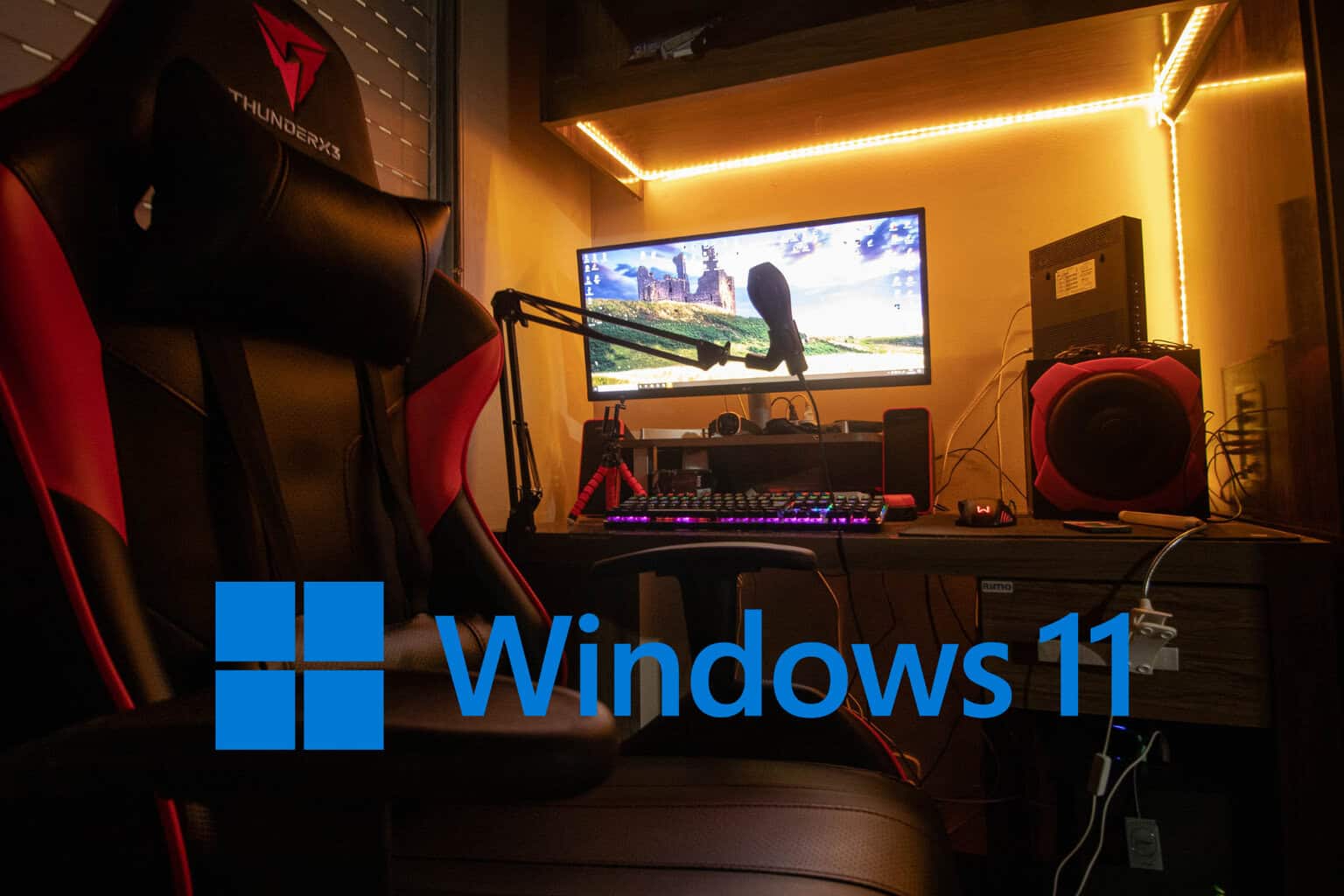
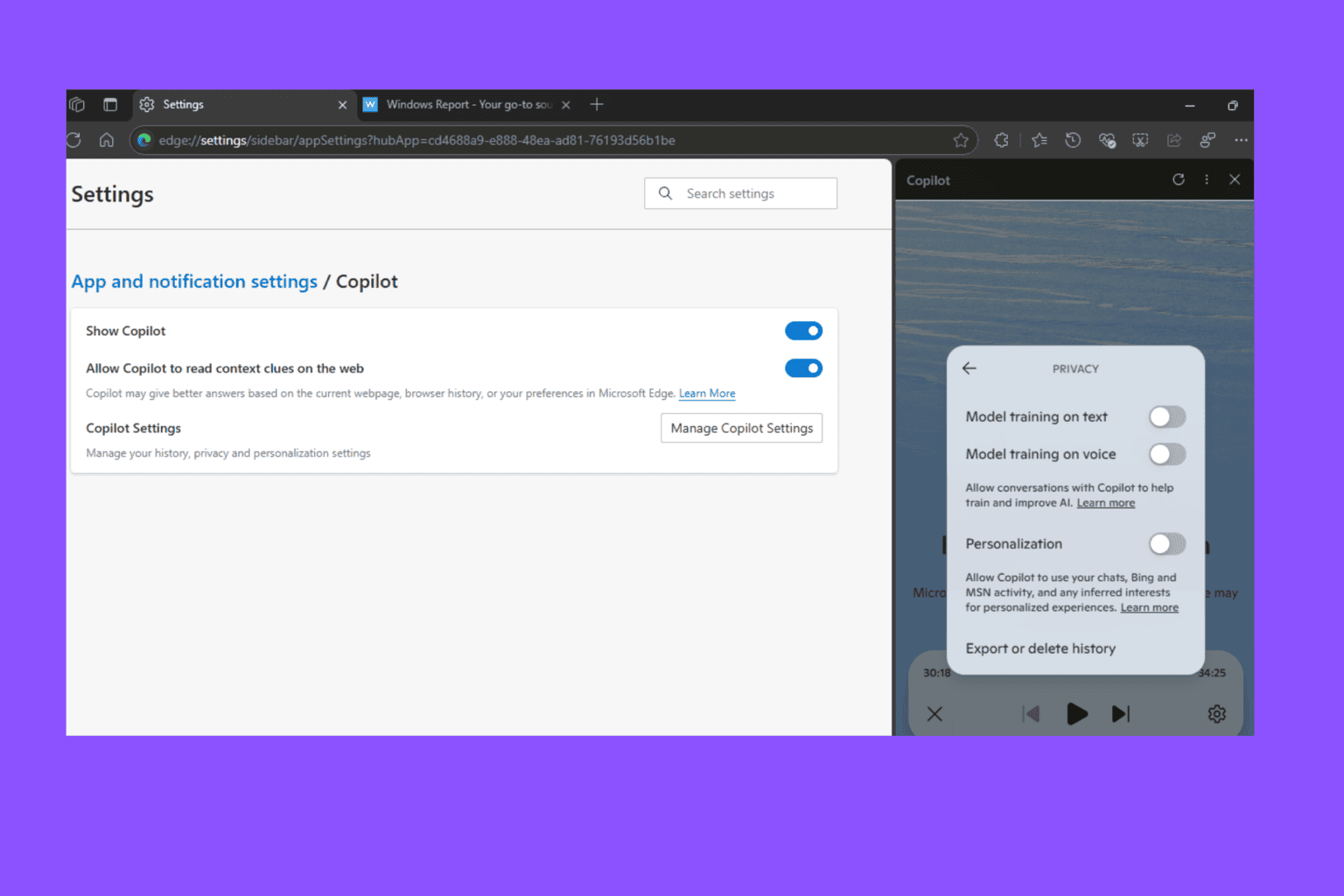
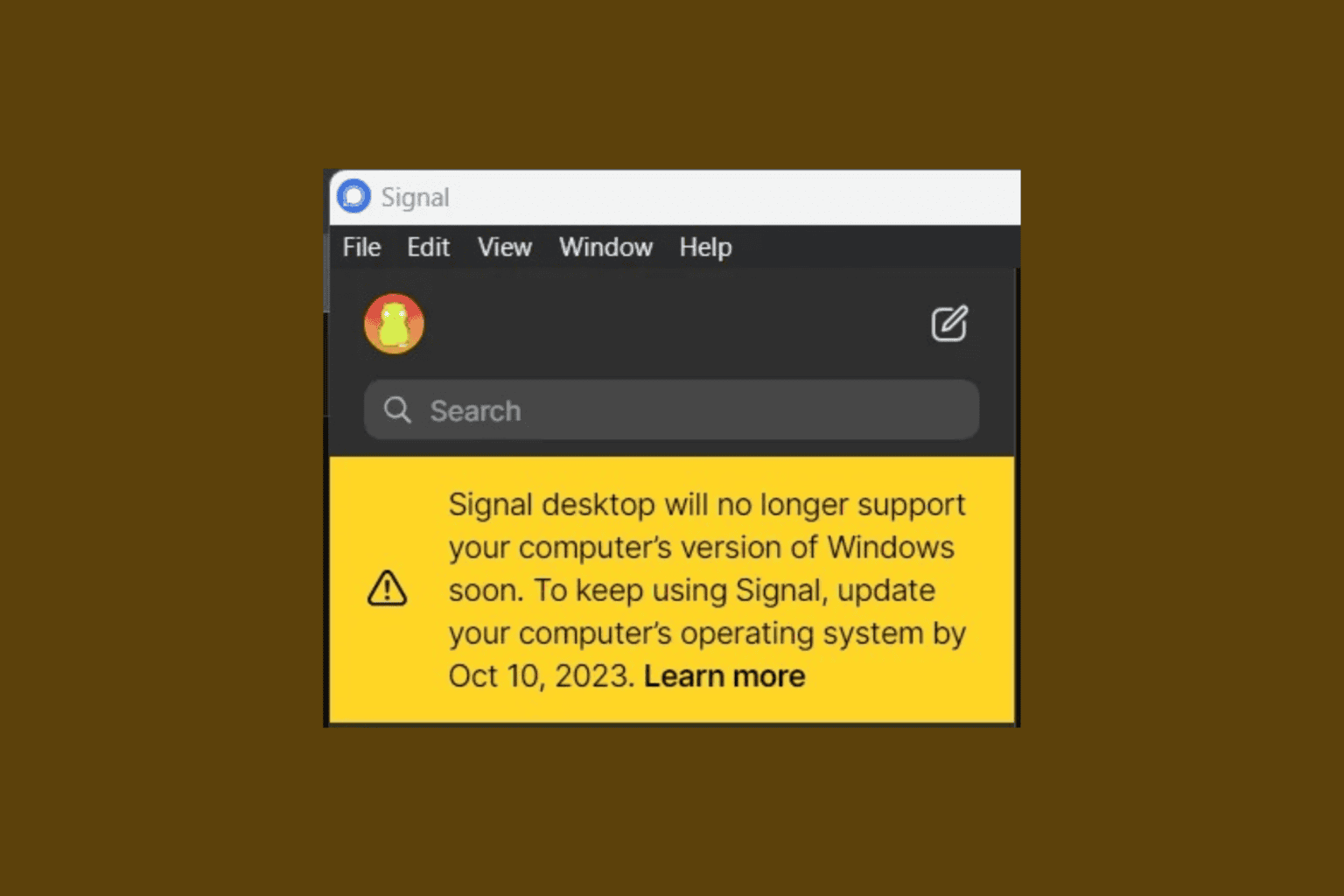
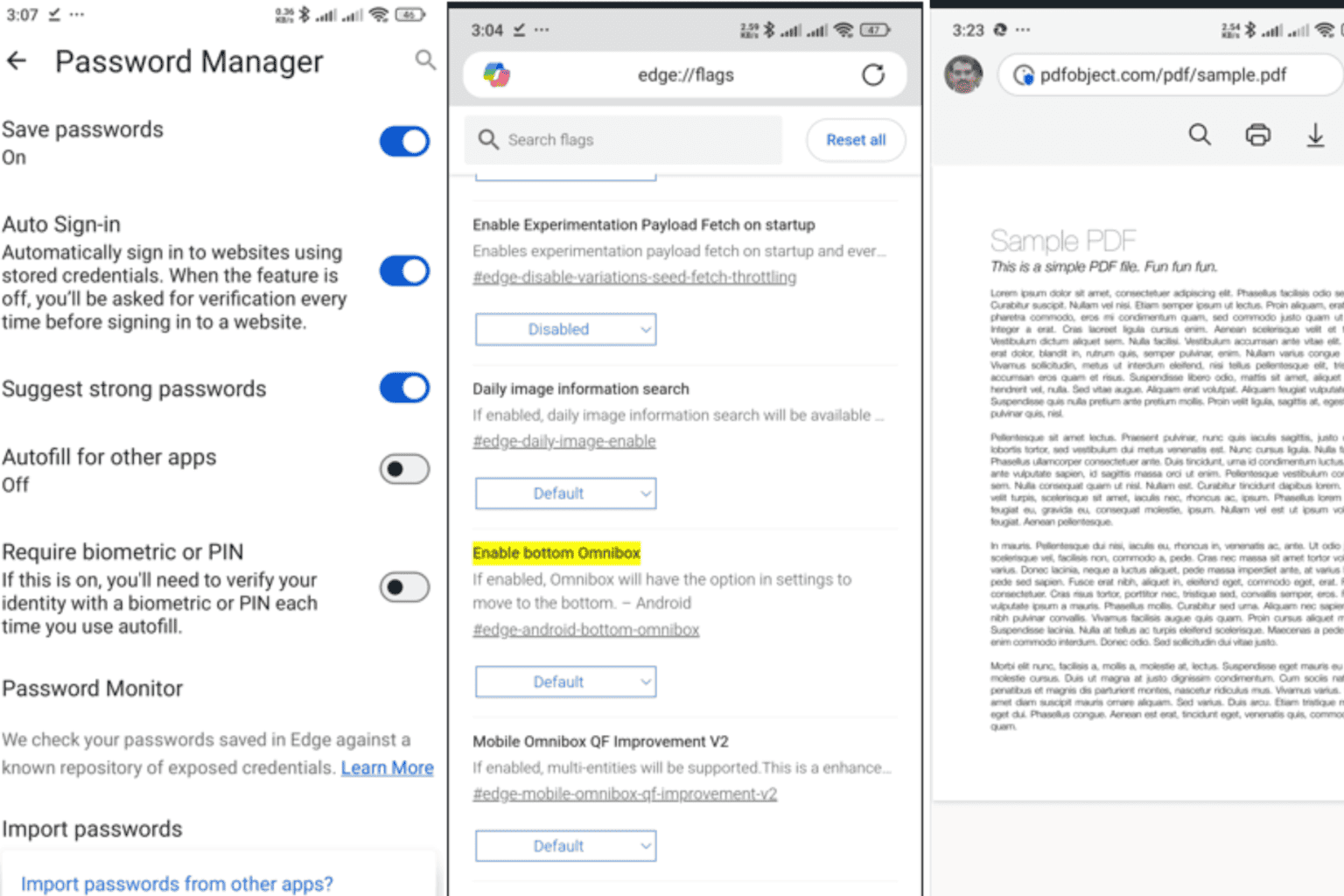
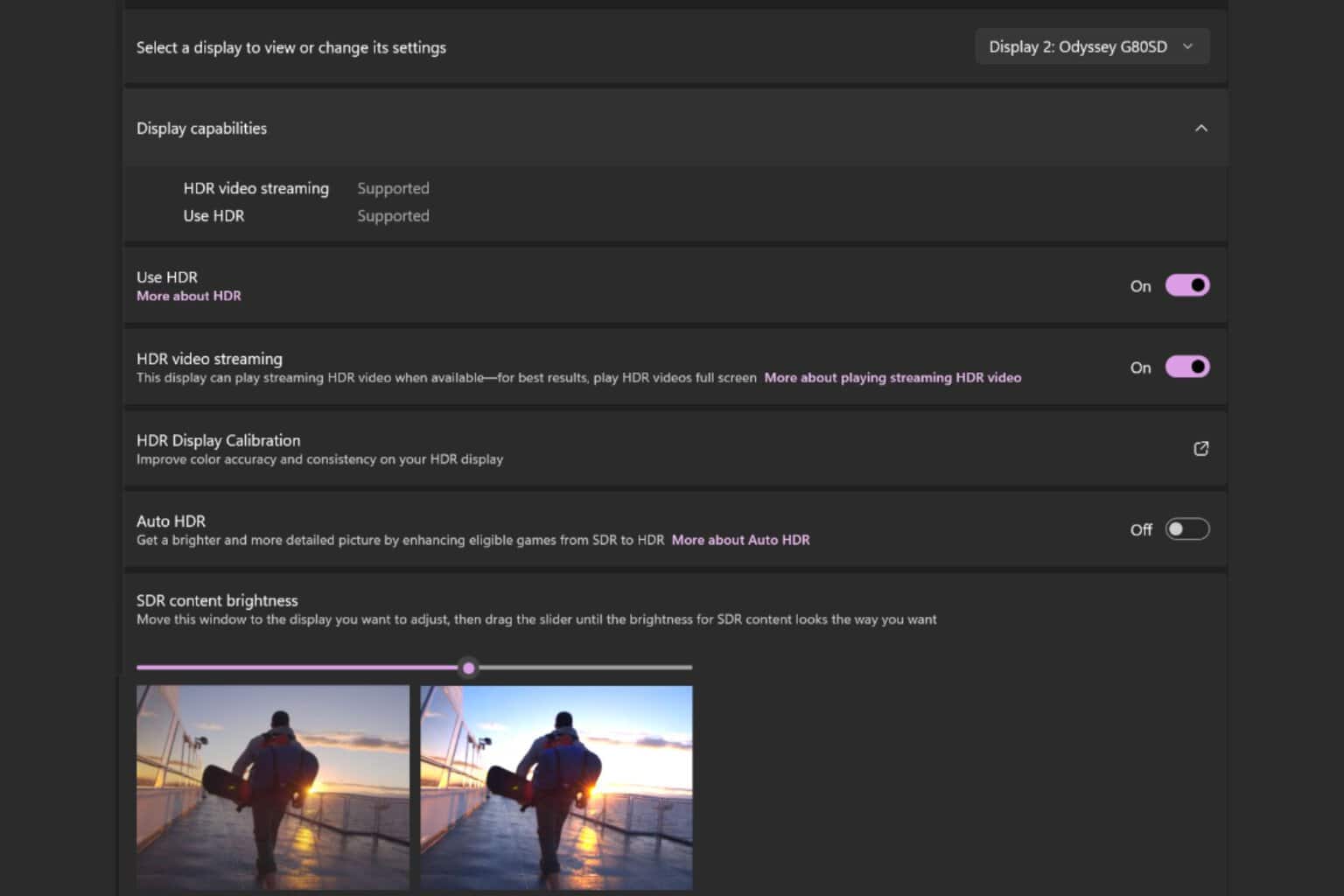
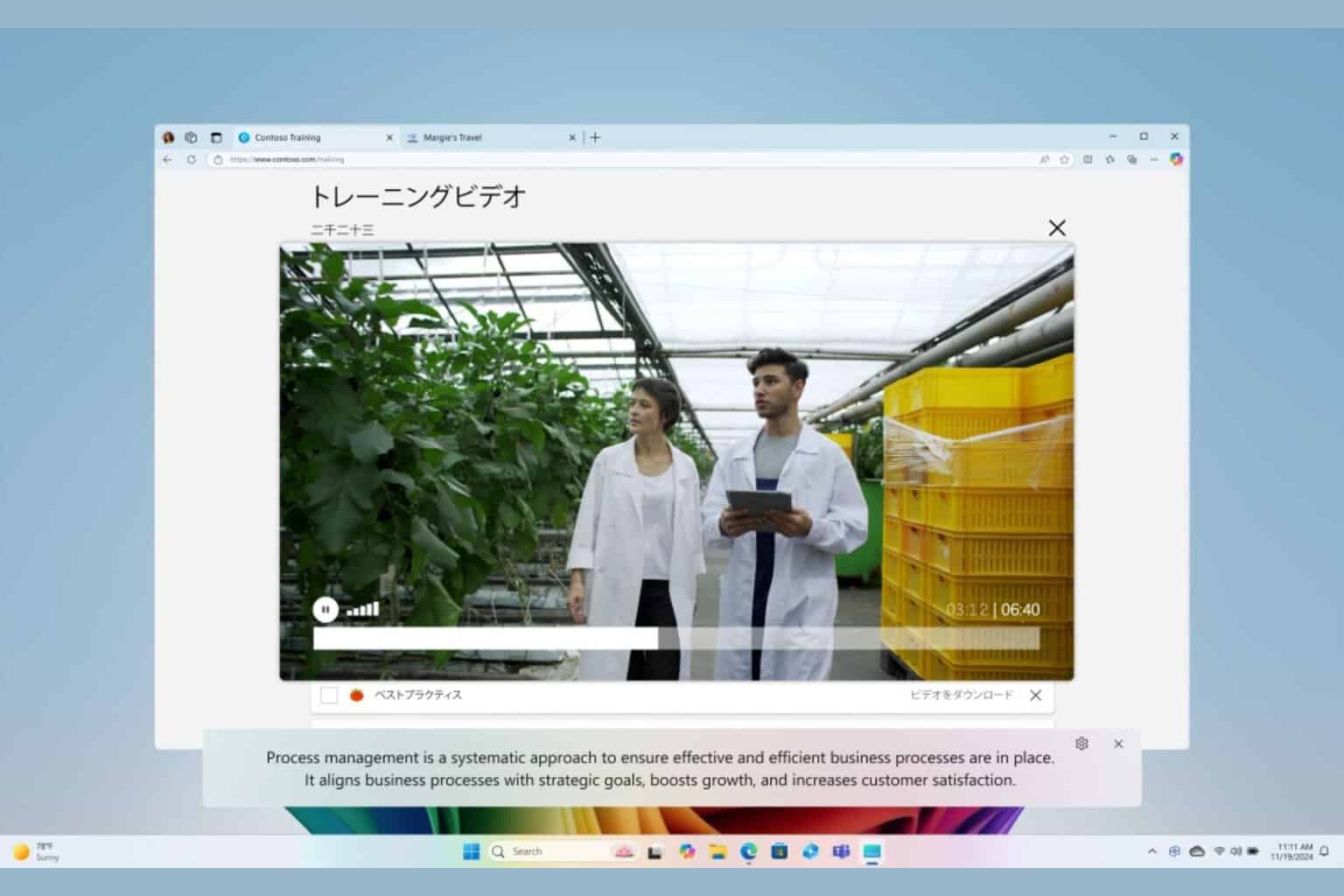
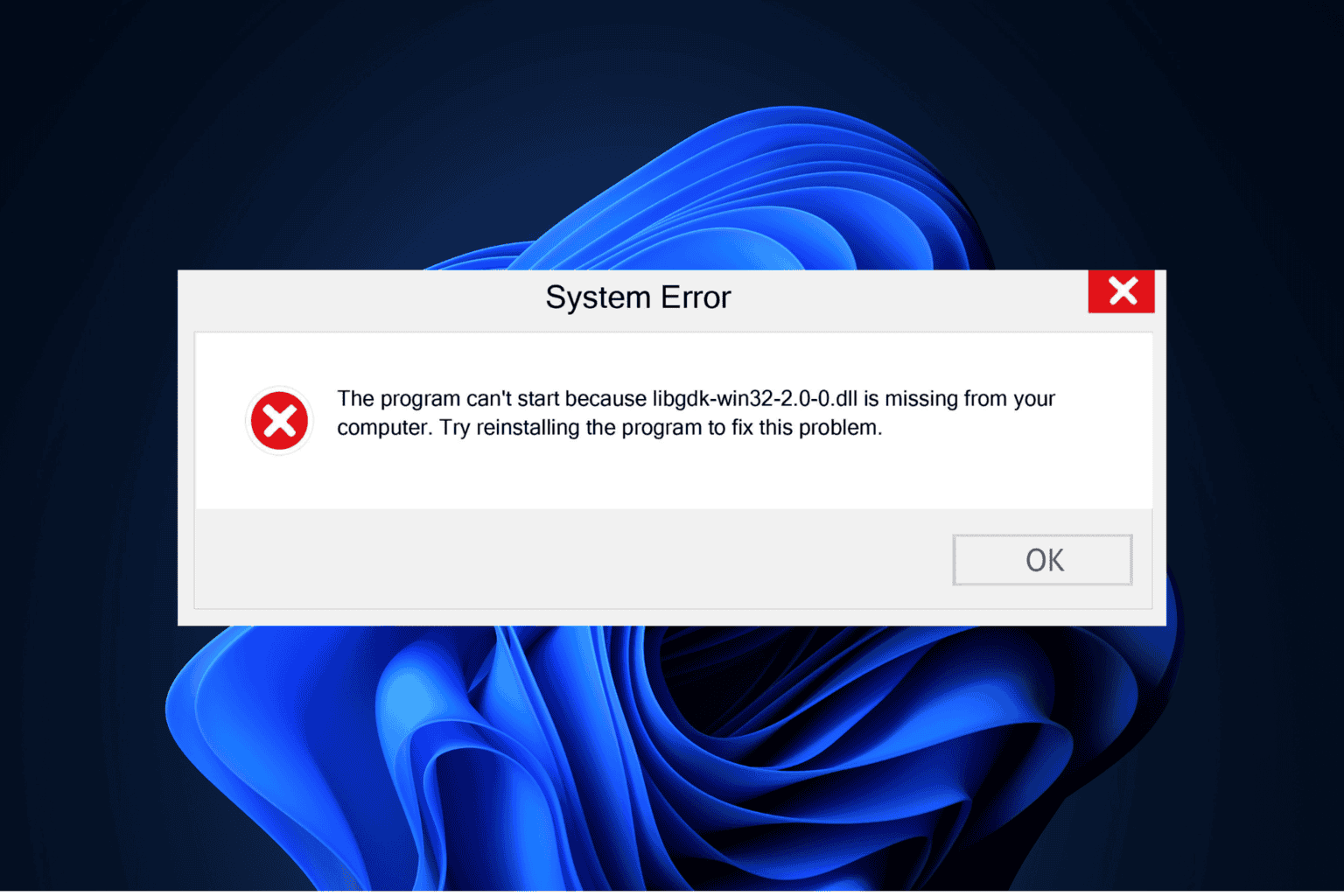

User forum
0 messages